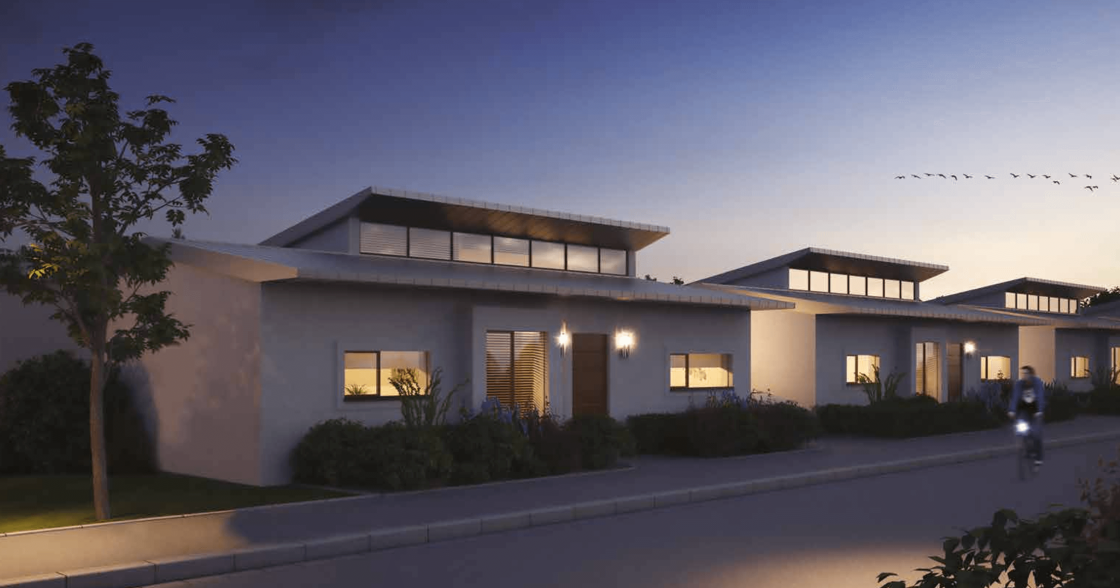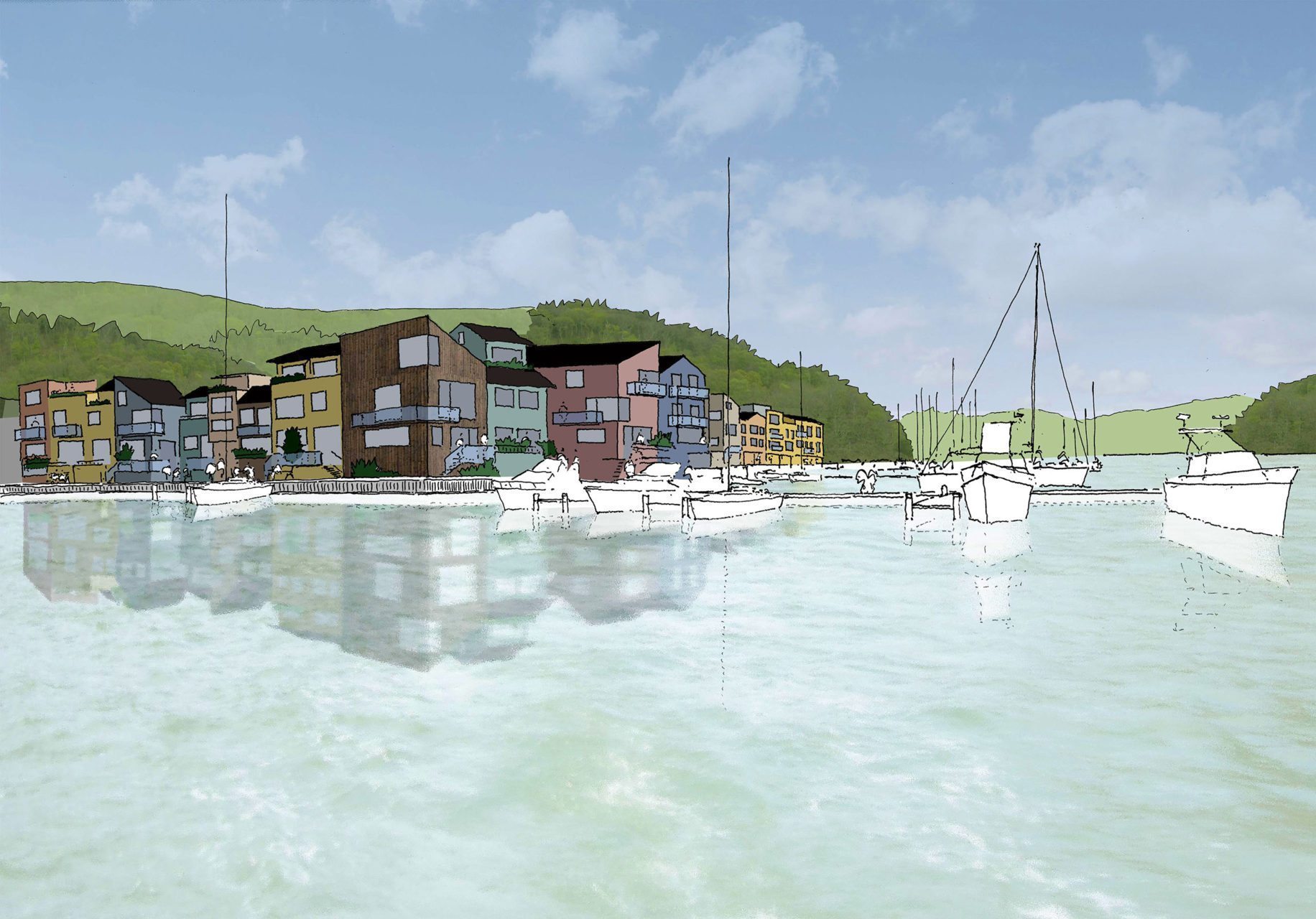DESIGN SERVICES & PERMITTING
Specialist Domestic & Commercial drainage engineers with 40 genuine years experience in Water, Wastewater & Potable (Drinking) Water.
We deliver expert design, project management and advisory services for water, infrastructure and environmental projects of all scales. Our multi-disciplinary team combines technical expertise with innovative thinking to tackle complex challenges.

DRAINAGE STRATEGY
To demonstrate that a site’s surface water or wastewater can be managed and discharged viably without flooding or pollution.

FLOOD RISK ASSESSMENT
A key requirement for planning approval to help you understand the risk of flooding of your project site, property or premises.

DETAILED DESIGN
A comprehensive plan that includes pipe sizes, levels and gradients for both foul (wastewater) and surface water (stormwater) systems.

SELF BUILDER DESIGN
A well-designed drainage strategy should be the basis of any building project to ensure compliance with local regulations.

PERMITTING
Applications for General Binding Rules, Water & Groundwater Frameworks and Building Regulations.

PROJECT MANAGEMENT
We partner with clients to develop a clear roadmap in delivering the objectives on time and on budget.

EXPERT WITNESS
Opinion on design and efficiency of both domestic and commercial drainage systems in legal cases.

HIGHWAYS DESIGN
Infrastructure planning and design for any stage of your project, from concept to technical approval.

VALUE ENGINEERING
Critical evaluation or second opinion to demonstrate due diligence has been applied to mitigate risks associated with poor serviceability.

CLERK OF WORKS
Helping ensure projects meet expectations while maintaining the highest construction and drainage compliance standards.
With a focus on creativity, practicality and cost-efficiency, our agile design approach ensures tailored, buildable solutions that meet your unique needs. From small-scale projects to large infrastructure developments, WCI provide dedicated support to deliver results on time and within budget.
Call to speak to one of our expert Civil Engineers today on 01984 623 404 or request a call back to discuss your design needs and find out how using professional water and wastewater engineers will save you money in the long run.
TRUSTED BY:


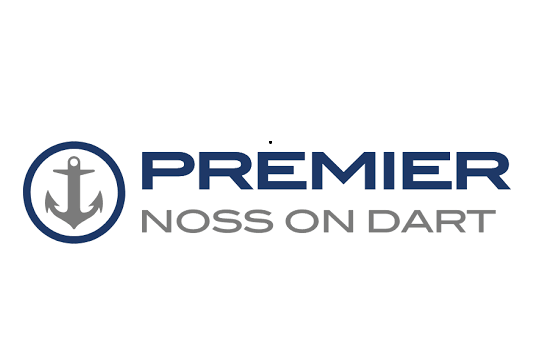


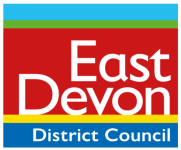
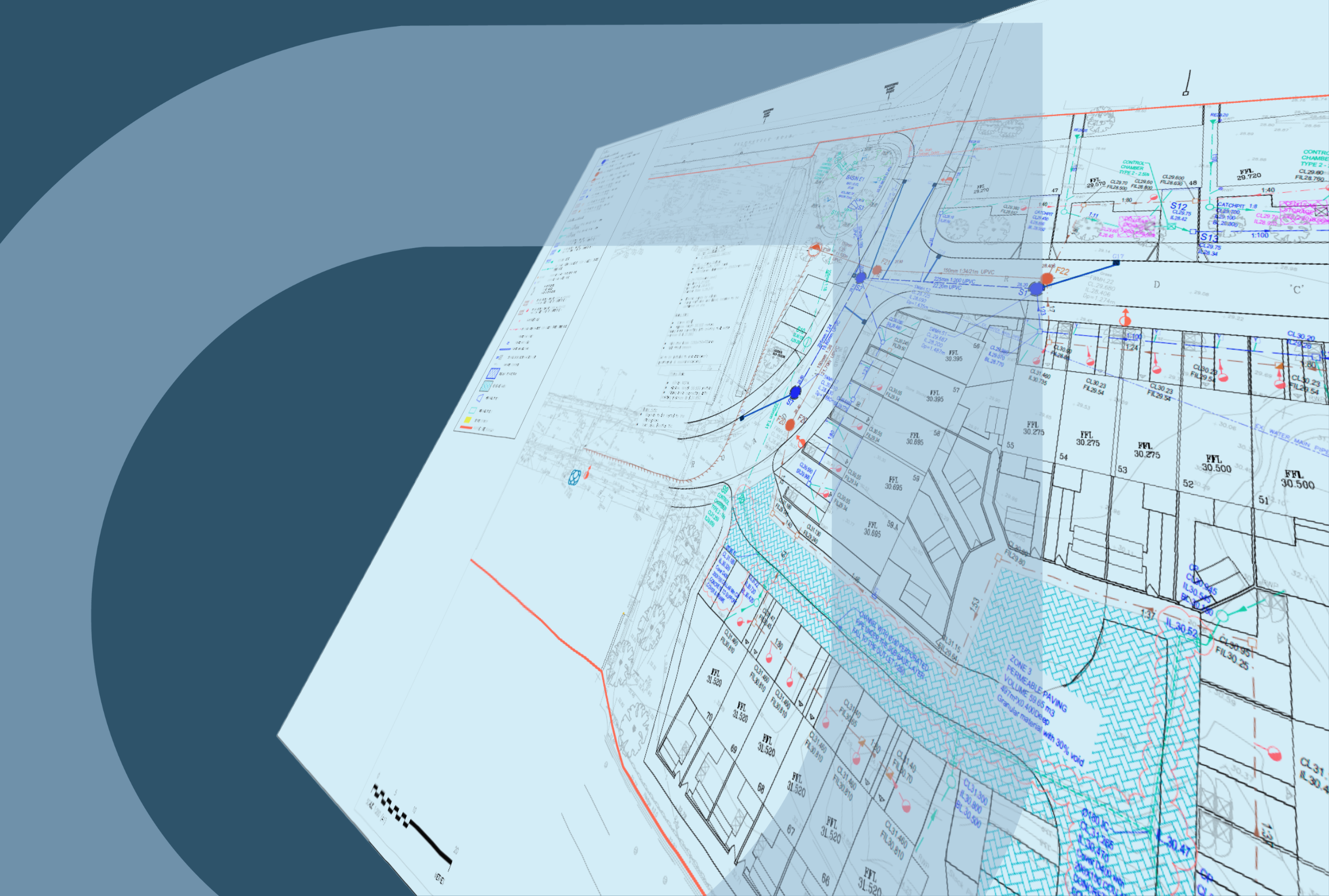
WCI bring together all the capabilities and resources required to plan, design, deliver and maintain water, infrastructure and environmental solutions.
Our structure ensures that our designs are grounded in reality with a strong focus on ‘buildability’ and ‘total life’ sustainability, while our construction and maintenance services are built on true technical standards and methodologies.
No matter the size or complexity of a project, WCI deliver integrated solutions to our clients’ requirements.
The WCI Difference.

